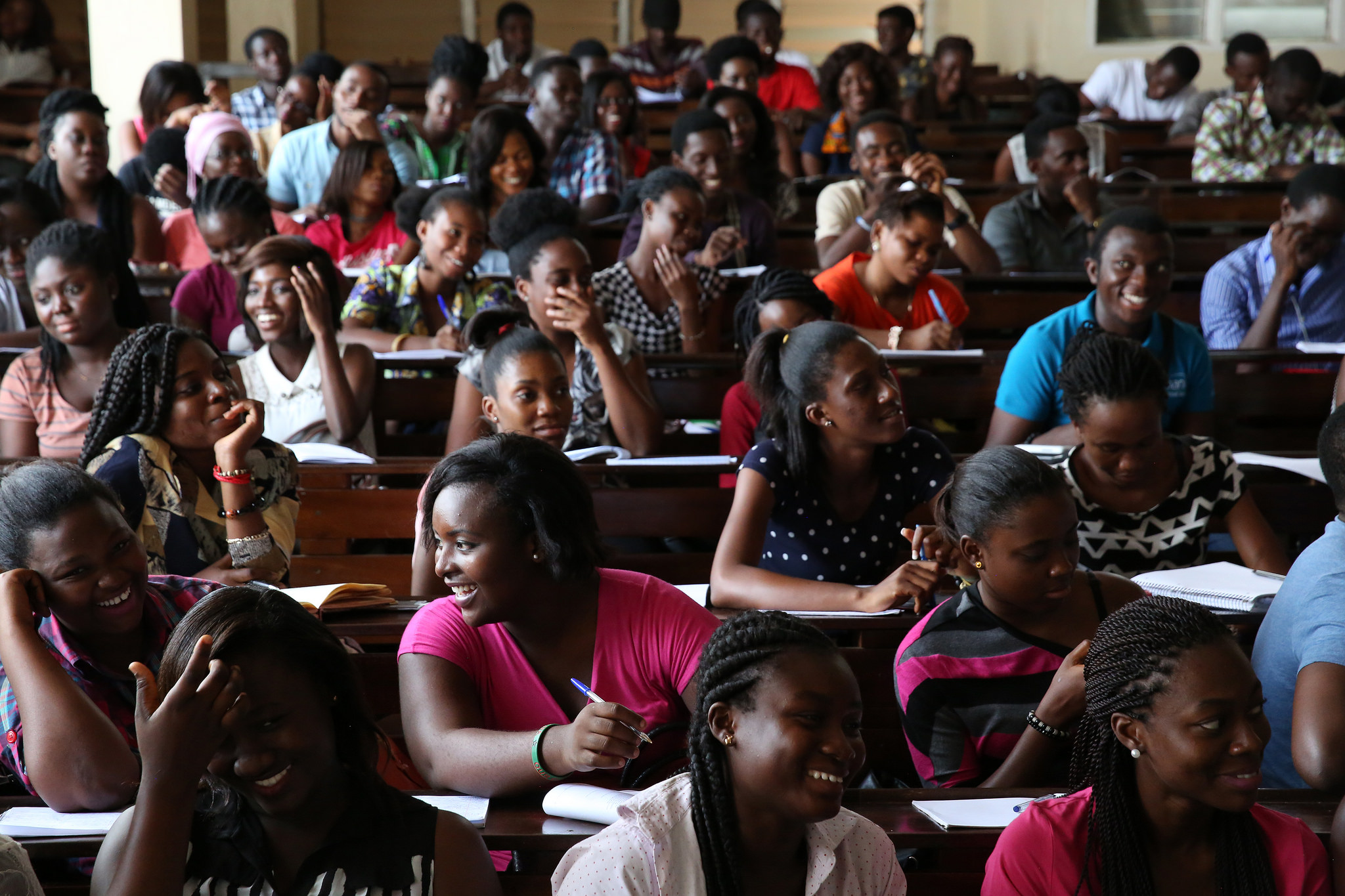From UN Habitat
Durban, 29 June 2016—Terrorism by Boko Haram, Al Shabaab, threat to albinos as xenophobic attacks and gender-based violence remain some of the biggest challenges to safety and security in African urban centres, Director of Programmes at UN-Habitat Alioune Badiane said Wednesday. “We abhor the revulsive attacks by Boko Haram mainly in West Africa and the Lake Chad region, the Al Shabaab in East Africa, xenophobic attacks mainly seen in Southern Africa and gender-based violence which is cross cutting,” he said. Mr. Badiane was delivering the keynote address at the official launch of the African Forum for Urban Safety in Durban, South Africa. He said that although African urban centres were making progress in their efforts to achieve safety, there was still room for improvement.
“We have a long way to go before we can achieve safer cities in Africa. Rapid urbanisation has undermined the urban agenda in addressing the safety concern,” he said.
On urban safety and youth, Mr. Badiane called for better cooperation between the youngsters and those in charge of policing. “Sending these young people to prison will prove counterproductive in the long term.”
In his address, the Mayor of Durban James Nxumalo said the biggest problem facing Africa’s urbanisation was security. “Many cities lose investors who cite crime and insecurity as reasons for not investing in our cities and towns. AFUS has come at the right time to help cities assure investors,” he said adding that his city would make sure the goals of AFUS are taken to the grassroots where the people live.
Jean Baptiste Diouf representing the city of Dakar said the launch of AFUS was the culmination of some 20 years of tough negotiations. He disclosed that there were many areas in Dakar facing acute poverty with the attendant problems of insecurity but added that these were being addressed.
“We are working with many organisations seeking solutions to the problem of poverty in our city and so far these partnerships seem to be bearing fruit,” he said.
The Special Adviser to South Africa’s Minister for Human Settlements, Prof. Sipho Seepe, said local authorities held the key to success or failure of national government plans. “The formation of AFUS shows that Africans are now ready to take charge of their destiny. This is a commendable effort,” he said.
At a press conference on the sidelines of the official launch, the Secretary General of the United Cities and Local Governments-Africa, Mr. Elong Mbassi, asked African leaders to address the issue of insecurity and economic development to make their youths have hope in the continent. He expressed dismay at the number of African youths dying in the high seas as they tried to make their way to Europe in search of better living.
“The high rates of unemployment and the hopelessness are driving these people away. But what is even more saddening is the fact that to many national government officials these are just statistics,” he said. Mr. Mbassi said many would-be suicide bombers say their lives were without any purpose and hoped that their death would help gain some purpose. “Why do we leave our young people to reach such depths of hopelessness and what can our leaders do to arrest the situation,” he asked.
Source: http://goo.gl/zaYjbg

